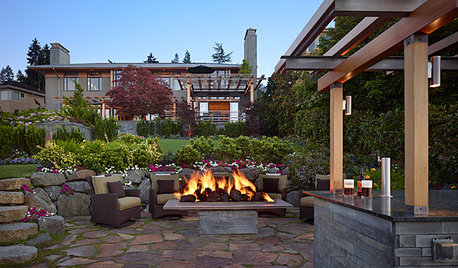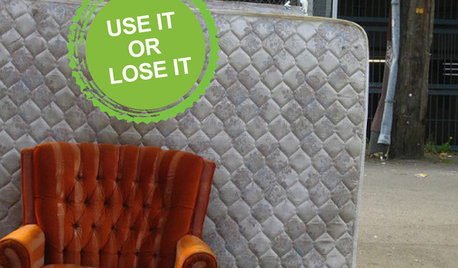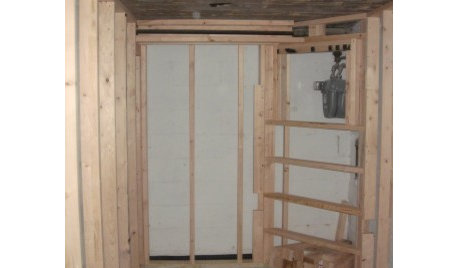Help me get rid of bermuda PLEASE
rosiew
10 years ago
Related Stories

DECLUTTERINGDownsizing Help: How to Get Rid of Your Extra Stuff
Sell, consign, donate? We walk you through the options so you can sail through scaling down
Full Story
EDIBLE GARDENSNatural Ways to Get Rid of Weeds in Your Garden
Use these techniques to help prevent the spread of weeds and to learn about your soil
Full Story
GARDENING AND LANDSCAPING4 Good Ways to Get Rid of Mosquitos in Your Yard
Stay safe from West Nile virus and put an end to irksome itches with these tools and methods for a porch, patio or yard
Full Story
MOST POPULARHow to Get Rid of Those Pesky Summer Fruit Flies
Learn what fruit flies are, how to prevent them and how to get rid of them in your home
Full Story
DECORATING GUIDESLose It: How to Get Rid of Old Light Bulbs
When the light goes out, you'll want to get rid of the bulb safely. Here's how
Full Story
DECORATING GUIDESUse It or Lose It: How to Get Rid of Old Keys
Clean out your junk drawer by getting rid of keys in an earth-friendly way
Full Story
DECORATING GUIDESLose It: How to Get Rid of a Mattress
Updating your bedroom? Here's how to donate, reuse or recycle that mattress — and keep it out of the landfill
Full Story
LIFEDecluttering — How to Get the Help You Need
Don't worry if you can't shed stuff and organize alone; help is at your disposal
Full Story
ORGANIZINGGet the Organizing Help You Need (Finally!)
Imagine having your closet whipped into shape by someone else. That’s the power of working with a pro
Full Story






forsheems
dchall_san_antonio
Related Professionals
Simpsonville Landscape Architects & Landscape Designers · Citrus Heights Landscape Architects & Landscape Designers · Harrison Landscape Architects & Landscape Designers · Bell Gardens Landscape Contractors · Bridgeview Landscape Contractors · Corona Landscape Contractors · Fort Wayne Landscape Contractors · Long Beach Landscape Contractors · Middle River Landscape Contractors · South Hackensack Landscape Contractors · Suitland Landscape Contractors · Waterford Landscape Contractors · New Carrollton Landscape Contractors · Ferguson Landscape Contractors · Apple Valley Swimming Pool Builderstexas_weed
rosiewOriginal Author
forsheems
goren
rosiewOriginal Author
texas_weed
rosiewOriginal Author
andy10917
forsheems